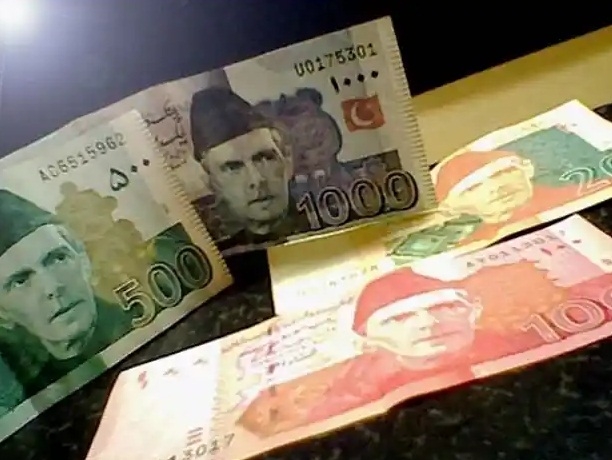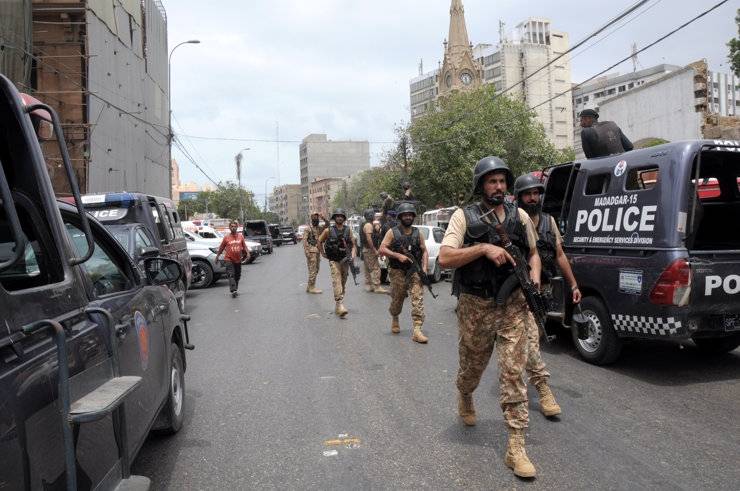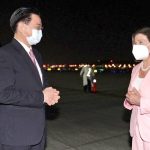With a massive circular debt surrounding the energy sector, a substantial jump in electricity costs is likely to come soon..reports Asian Lite News
Amid a rapidly tumbling economy, the writing on the wall for Pakistan’s future is clear – that the country faces another monumental crisis in its history.
Following the State Bank’s removal of a cap on Pakistan’s foreign currency exchange rate, the steep drop in the value of the rupee is bound to add to an already high rate of inflation. The change came shortly after the State Bank of Pakistan (SBP) raised its interest rate to 17 per cent as it sought to battle inflation hovering around 30 percent, The News reported.
In a sharp departure from Finance Minister Ishaq Dar’s publicly repeated claims of keeping domestic fuel prices unchanged, Pakistanis must now brace for a hike in petrol and diesel prices in the coming days, The News reported.
As petroleum products are imported in Pakistan, the rupee’s devaluation must force not just a jump in domestic fuel prices, the resultant inflation is bound to hit a range of consumers from owners of private transport to public transport such as trucks and buses.
Besides, a jump in the price of diesel will inevitably add to the cost of production in agriculture and industry. Eventually, though not of direct consequence to ordinary consumers, airlines are likely to raise the cost of domestic and international rupee denominated airfares.
Meanwhile, the official rant of placing the guilt of Pakistan’s present day economic troubles upon the last government is neither true nor productive. Dar came to the job in his latest tenure, promising to oversee the appreciation of rupee to a rate of 200 rupee to a US dollar. And the ultimate outcome in today’s forex market is nothing but a massive departure from that ambition, The News reported.
Besides, a delayed return to the IMF’s loan programme has cost Pakistan dearly in the past and is likely to do so in future. The reported planned hike in domestic gas tariff of over 70 per cent is not just a sharp hit to consumers.
The added possibility of backdating the charge to July last year when the present financial year began, must translate into large arrears in the coming gas bills. Additionally, with a massive circular debt surrounding the energy sector, a substantial jump in electricity costs is likely to come soon, The News reported.
Other areas set to be hit include more expensive imported raw material for daily use items notably medicines, food items and consumer goods. Meanwhile, Pakistan’s grim outlook for the foreseeable future has coincided with ruling politicians upping the temperature.
Ahead of the arrival of a vital mission representing the IMF (International Monetary Fund) on Tuesday (31st January), both Prime Minister Shehbaz Sharif and Dar set the tone for their political messaging on Friday when they chose to publicly target the PTI for Pakistan’s present day economic pitfalls.
In an election year, mounting and deeply unpopular reforms to overcome present day economic challenges are neither within the capacity of the ruling structure and other mainstream political parties, The News reported.














